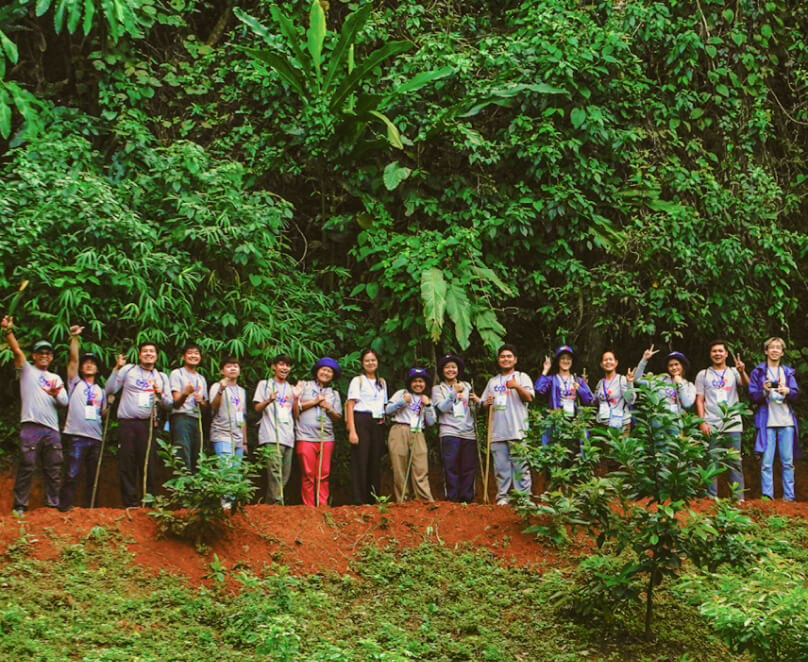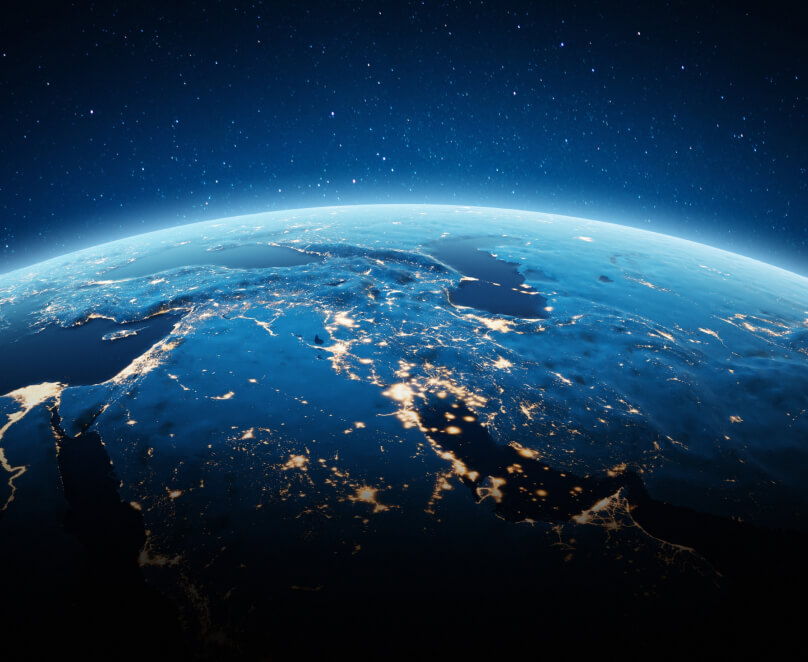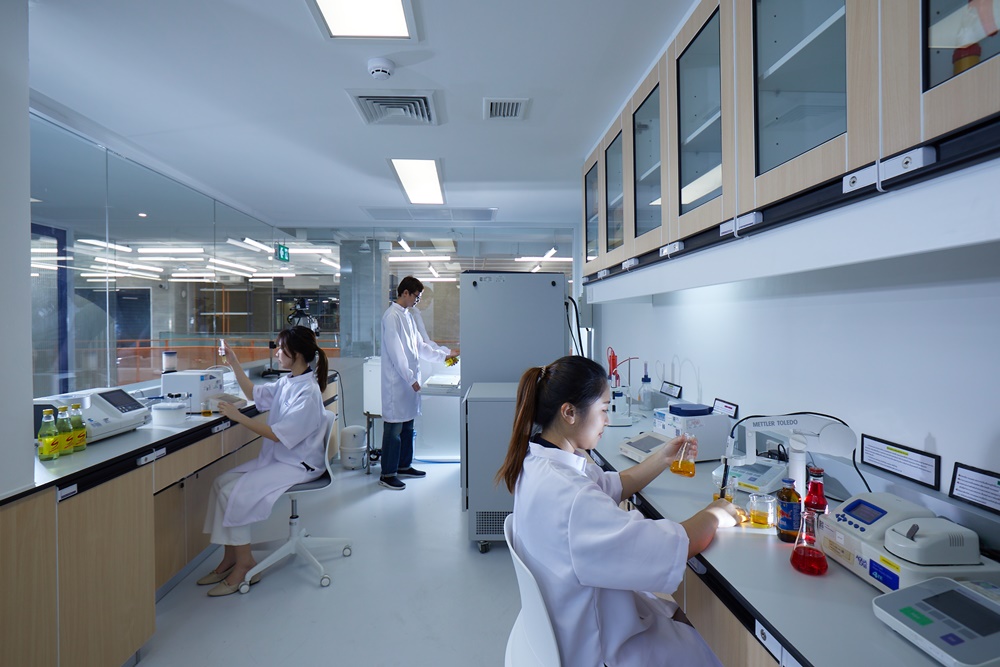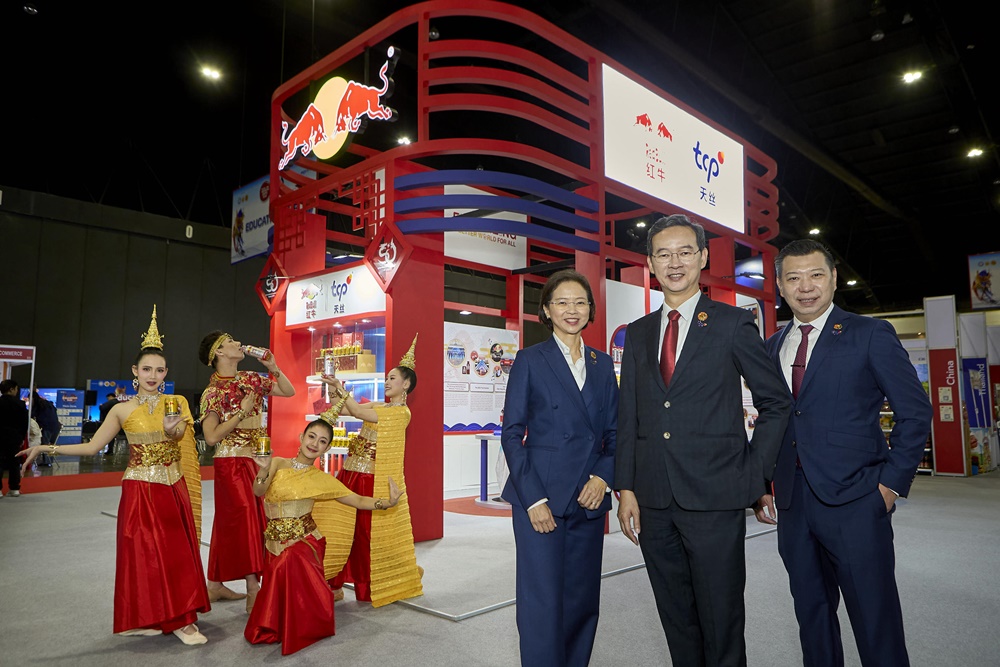Behind the Beverage Industry: Traces of Space Technology Closer Than You Think
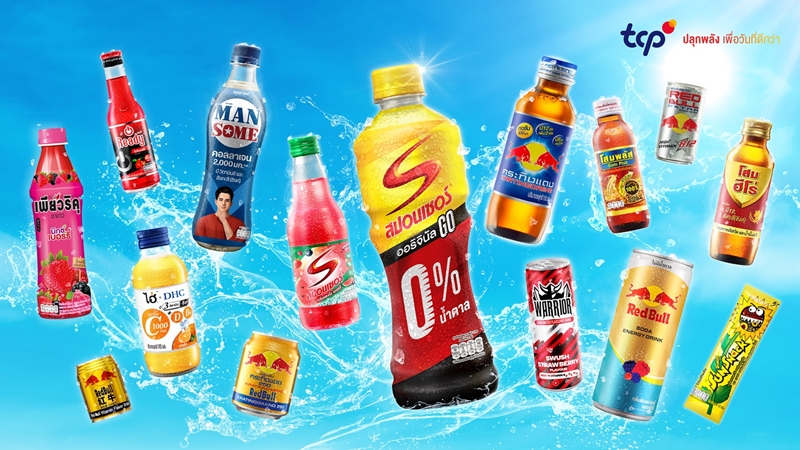
Bangkok (29 May 2025) – Did you know that the beverages we enjoy every day are backed by technologies originally developed for space exploration? While the term “space technology” may conjure images of rockets and satellites orbiting hundreds of thousands of kilometers away from Earth, the truth is that astronomical driven technologies are much closer than one might think. In fact, traces of space technology are embedded in the production of everyday items – such as beverages – at nearly every stage of the process.
The challenges of space exploration extend beyond building rockets or satellites. One of the key hurdles lies in creating sustainable living environments for astronauts within the confined, zero-gravity conditions of spacecraft. This necessity led to the development of advanced food and water technologies that is not just safe for consumption, but also stable, nutritious, and efficiently packaged. These innovations have since inspired food and beverage manufacturers on Earth to elevate their own production methods, leveraging technology derived from space exploration to create new beverages. In short, astronomy has helped shape innovations that touch our lives in unexpected and meaningful ways.
In the food and beverage industry, technologies developed for space exploration have been adapted into mainstream manufacturing processes. A notable case is TCP Group, the manufacturer and distributor of Kratingdaeng (Red Bull), Ready, Som Plus, Sponsor, and more. The company has integrated knowledge and innovations from space technology to enhance product quality, safety, and production efficiency. This serves as a powerful demonstration of how traces of space technology are actively driving progress in the beverage industry.
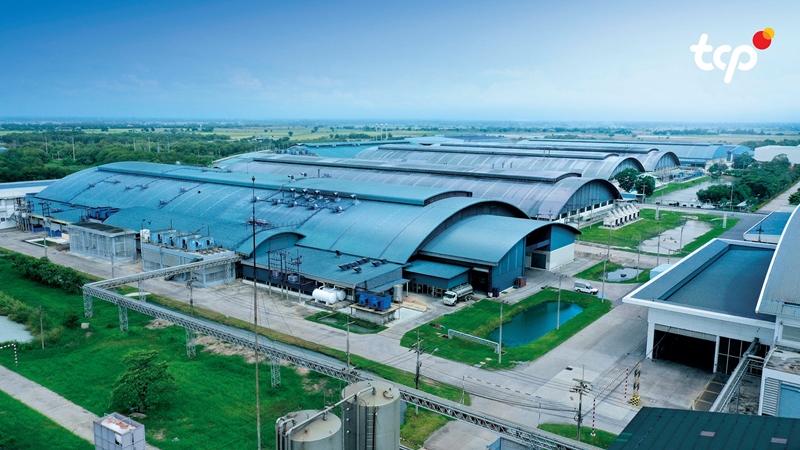
At TCP Group, traces of space technology can be found throughout the production process – from formulation to final delivery. It begins with the formulation of products using methodologies inspired by meal planning for astronauts, ensuring each recipe meets daily nutritional requirements. This involves cutting-edge technology to precisely tailor nutrient levels for different needs. In the same vein, TCP Group conducts extensive consumer behavior studies to align product formulations with Thai Recommended Daily Intakes (Thai RDI), ensuring optimal nutrition for Thai consumers. This is followed by meticulous ingredient selection and preservation of nutrient stability.
In terms of hygiene and safety, TCP Group has adopted space-grade water purification technology. This includes Ultraviolet (UV) radiation to eliminate harmful microorganisms – an approach identical to methods used to purify drinking water for astronauts. In the vacuum of space, water is a precious limited resource, making efficient water management essential. Even on the International Space Station (ISS), Reverse Osmosis is employed as part of the Water Processing Assembly (WPA) to recycle wastewater into clean drinking water. TCP Group has implemented the same system in its production lines to ensure every bottle contains clean, pure, and safe water.
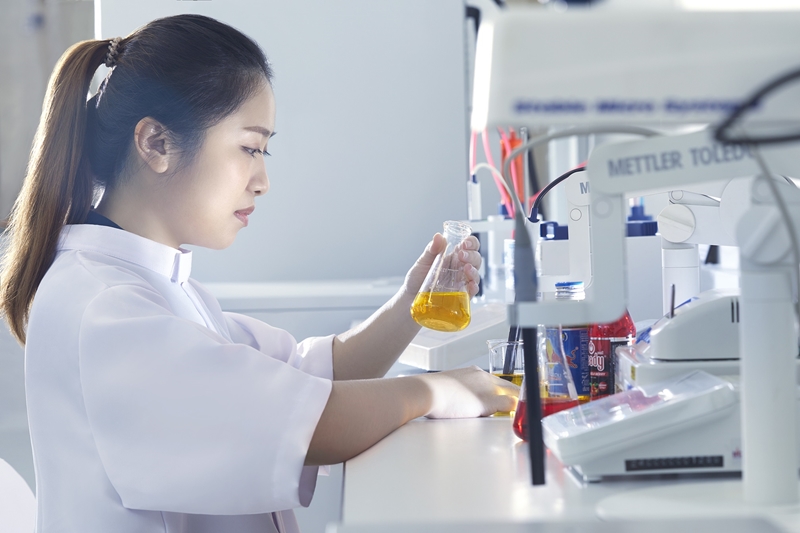
In the production line, TCP Group’s facilities utilize Infrared Sensors – originally developed for spacecraft to analyze planetary atmospheres and star compositions – to measure ingredient quality and ensure precise filling volumes. Spectrophotometers, derived from spectrometer technology used in spacecraft maintenance and atmospheric analysis, are used to monitor color accuracy and ensure consistent product appearance across batches. For quality control, TCP applies the usage of an “Electronic Nose” or E-Nose – an advanced system that detects airborne contaminants at levels undetectable by the human sense of smell. While this same technology is used in space stations to ensure safe air quality, at TCP Group, it is used to ensure flavor and quality meet the company's stringent standards.
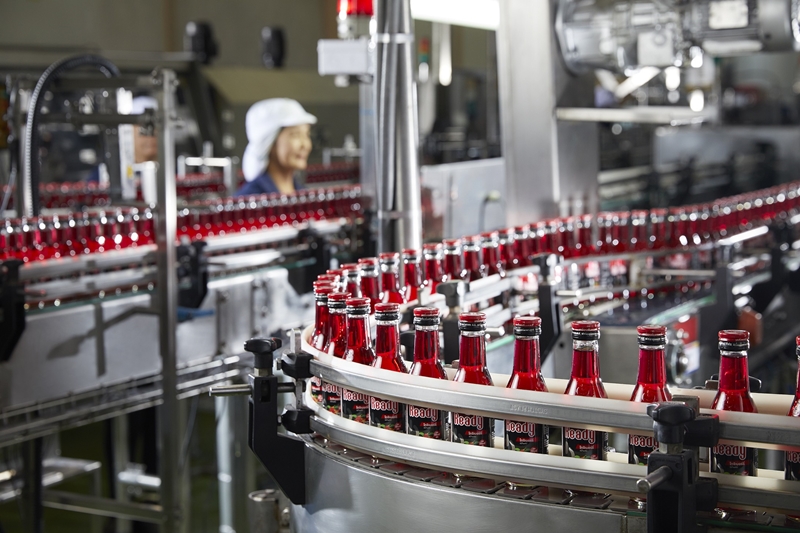
Even at the final stage – packaging and logistics – traces of space technology remain present. For example, the use of Robot Arms for automated sorting and stacking of products which help reduce reliance on manual labor, enhance efficiency, and lower the risk of workplace accidents. Real-time tracking systems are also used for both warehouse inventory and logistics, ensuring accurate and efficient distribution.
Most recently, TCP Group signed a Memorandum of Understanding (MOU) with the National Astronomical Research Institute of Thailand (NARIT), aiming to bring astronomical knowledge and technology into practical use within Thailand’s food and beverage manufacturing sector. Mr. Saravoot Yoovidhya, Chief Executive Officer of TCP Group, stated: “We believe that meaningful innovation doesn’t stop at what’s in front of us – we must dare to look further, even beyond the stars. Through tackling the challenges of space, we can apply the resulting knowledge to our everyday lives – including how we produce food and beverages. At TCP Group, we are confident that bridging astronomy with the production sector marks a crucial step toward improving the quality, safety, and sustainability of our processes and products in the years to come.”
All of this demonstrates how technologies once developed for astronauts have become part of everyday innovation – playing an increasingly vital role in Thailand’s food and beverage industry. The vast expanse of space is no longer just a distant concept. Instead, it has become a wellspring of innovation that helps in “Energizing a Better World for All" and drives progress for today – and the future.





